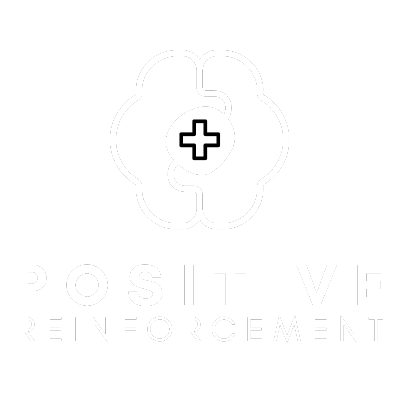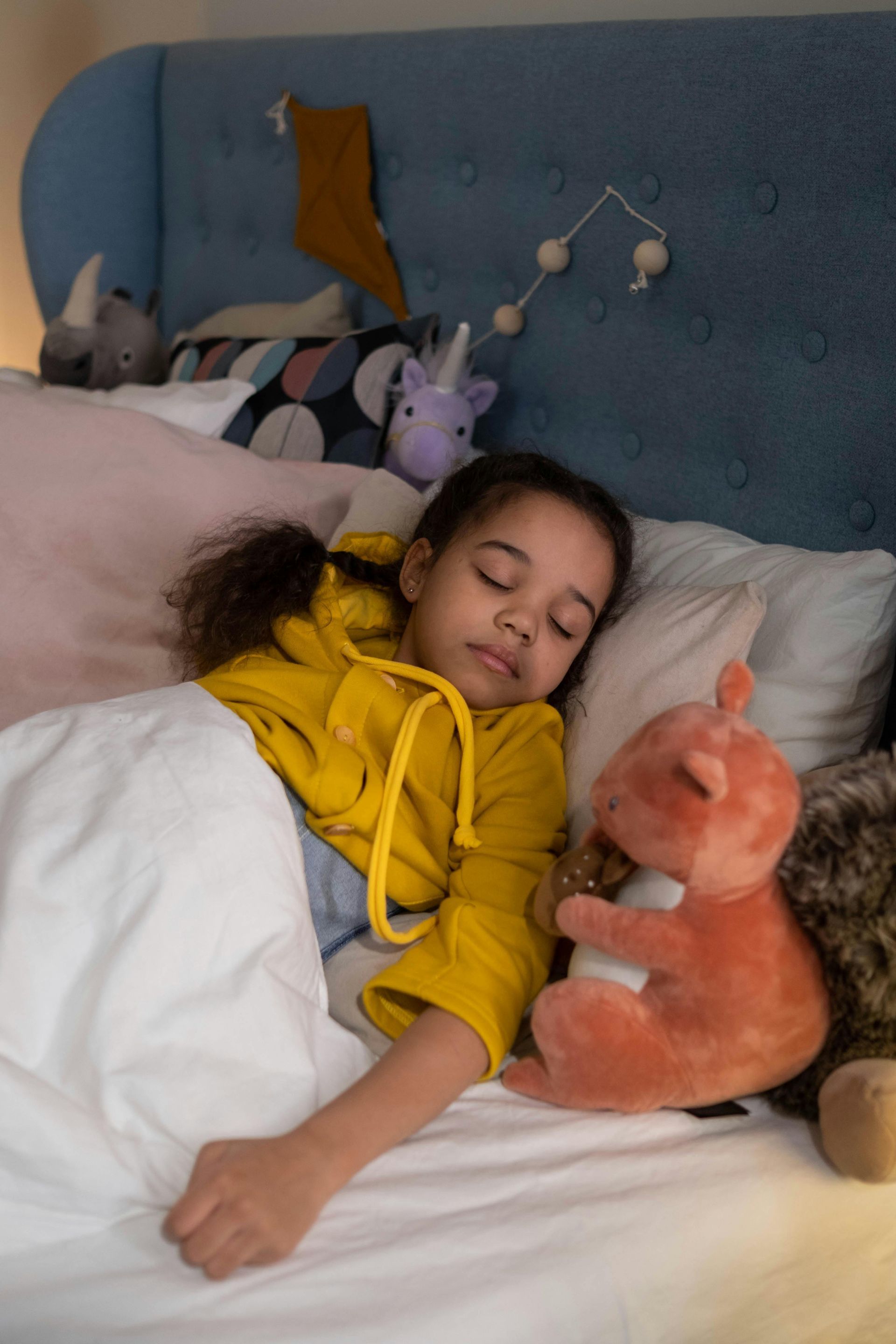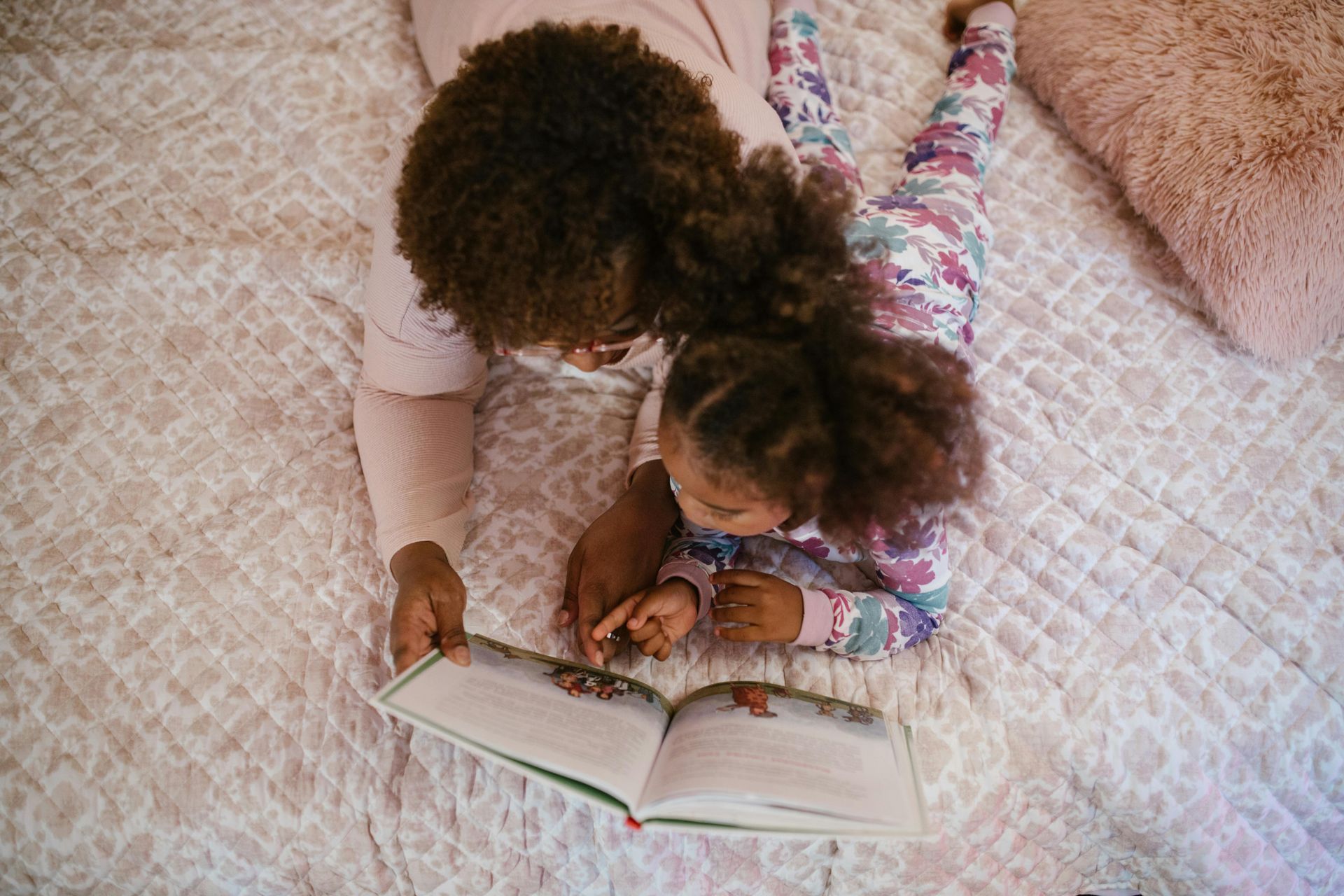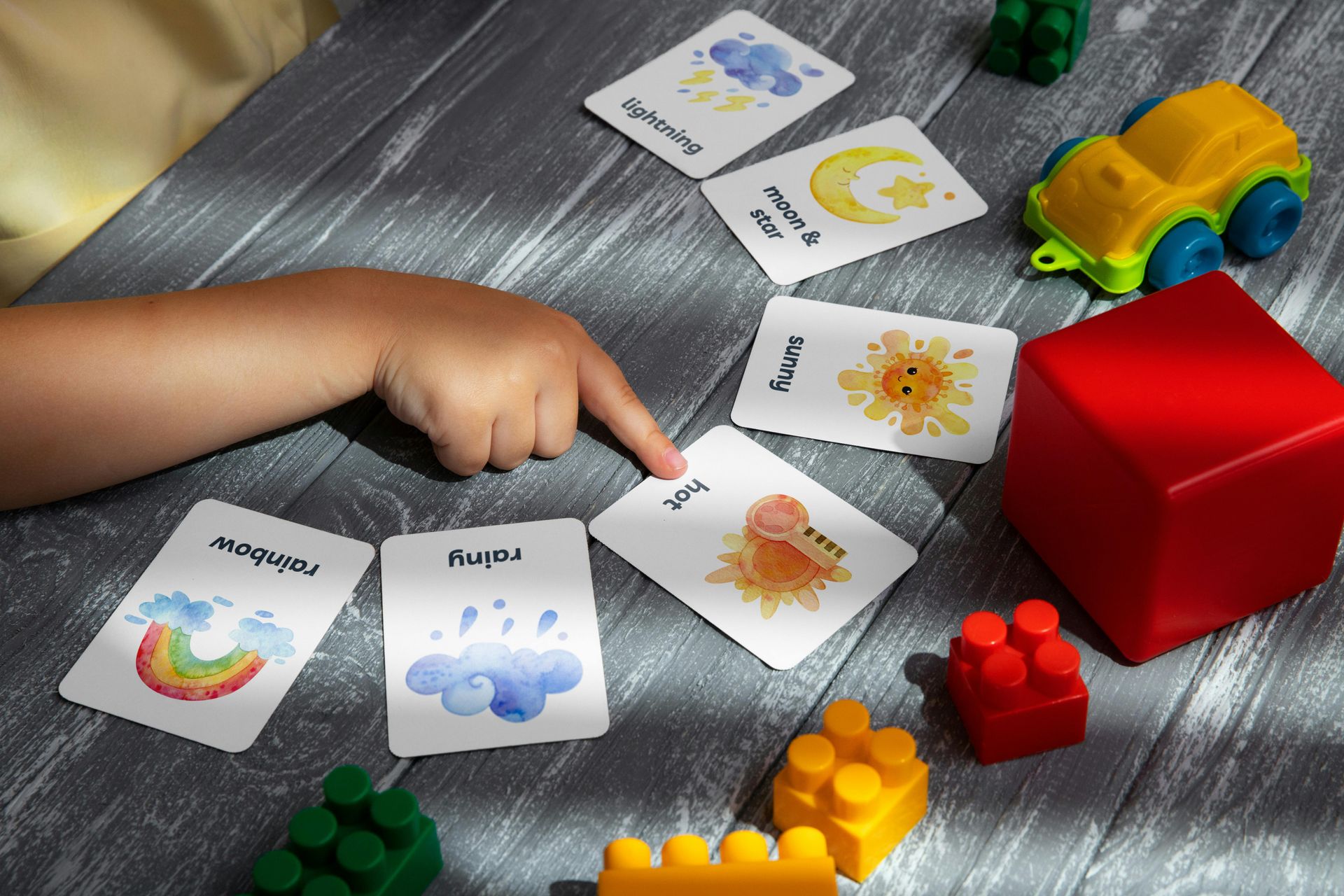Best Advice for Your Child with Autism’s Playdates
Best Advice for Your Child with Autism’s Playdates
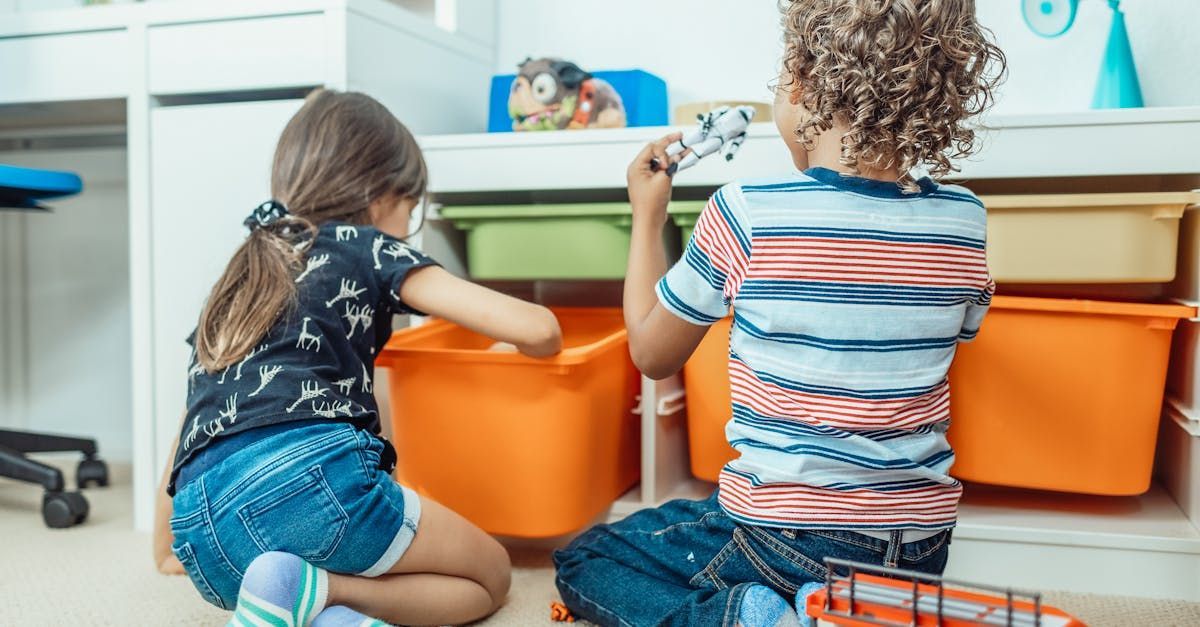
Playdates are an excellent opportunity for your child to learn and practice social skills in an authentic setting. After all, children often learn most of their social skills from their peers. However, for children with autism that struggle with social cues and other facets of social interaction, playdates also present their own set of challenges.
Use Structure
One way to mitigate the challenges for your child is to plan well and set up a structured activity. Having structure helps with the uncertainty of transitions, which can be difficult for many children with autism.
A great strategy is to plan a clear beginning, middle, and end. For example, the playdate might start with a specific physical activity like swinging outside, then move inside for puzzles or an art project, then finish up with a snack at the end. Another piece of the structure should include a time limit; letting an activity go on indefinitely with no plan may allow your child to struggle.
Practice Beforehand with Your Child
One added benefit of planning specific activities and transitions is that it allows you to go over the plan with your child ahead of time. Practice each step, use social stories, and discuss potential hiccups. Thinking and planning ahead can help each playdate go more smoothly.
Find a Good Match
Consider your options carefully when choosing a playmate for your child with autism. Age may not be the most important factor here. Instead, look for children who are on a similar level developmentally. This may mean a somewhat younger child is a better fit for your children. Finding a child with similar interests to your child may be key. Even more importantly, a great playmate is someone who is friendly, patient, and flexible.
Choose Carefully When to—and When Not to—Intervene
One final piece of advice that will help your child have a successful playdate is for you to not be too quick to step in. Of course, your child may need a little coaching: reminders to share, take turns, or reply to their playmate. Monitor your child’s social interactions from nearby, and of course, intervene if the need arises, but also go in armed with the knowledge that at times it will be best for your child if you sit back and watch their interactions unfold. Remember, children often learn best in authentic exchanges, and it will benefit them to work things out on their own.
Positive Reinforcement provides in home ABA therapy services to Richmond Virginia, Somerset Kentucky and surrounding areas
